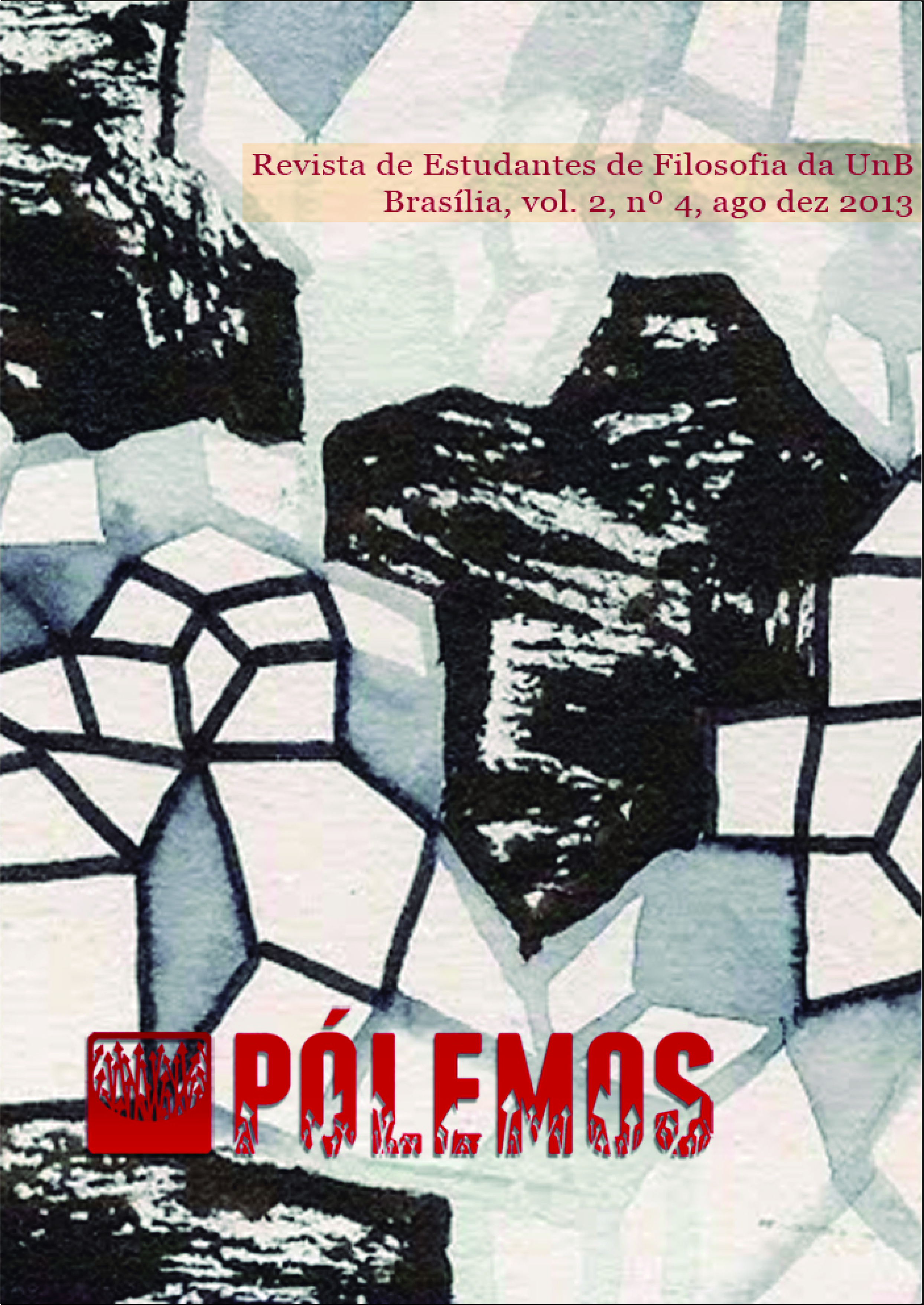NOTION OF PROGRESS IN SCIENCE IN KARL POPPER
DOI:
https://doi.org/10.26512/pl.v2i4.11564Keywords:
Popper. Verifiability. Falsiability. Progress. Precedents.Abstract
The concept of gene, as proposed in the course of the twentieth century, seems to be going through one of the most interesting and complicated times by which scientific terms sometimes go through: the review of concepts and terms on which it relies. To understand this delicate ”“ and exciting ”“ moment, we need to understand the history behind the development of the concept that is currently used in the biological sciences. For this purpose, we depart from Mendel and his solitary scientific adventure, which was only posthumously recognized for its vital contribution to the development of science, passing through the dispute of understanding the processes of heredity in the early twentieth century, the advances that allowed the passing century was called "the century of the gene" and finally reaching the progress and limits that has glimpsed after the success of the initially controversial Human Genome Project.
Downloads
References
BASTOS, Cleverson Leite; CANDIOTTO, Kleber B. B. Filosofia da ciência. Petrópolis: Vozes, 2008.
BUNGE, Mario. Dicionário de filosofia. Tradução de Gita K. Guinsburg. 1ª ed. São Paulo: Perspectiva, 2006 (Coleção Big Bang).
GOMES, Nelson. Os Progressos da Filosofia no Século XX, in Samuel Simon (org.) Um Século de Conhecimento: Arte, Filosofia, Ciência e Tecnologia no século XX. Brasília: Editora Universidade de Brasília, 2011, p.795-871.
POPPER, Karl Raimund. A lógica da pesquisa científica. São Paulo: Cultrix, 1975.
POPPER, Karl Raimund. Lógica das Ciências Sociais. 3ª ed. Rio de Janeiro: Tempo Brasileiro, 2004 (Biblioteca Tempo Universitário nº 50).
WYZYKOWSKI, Adriana. O overruling como aplicação concreta do método popperiano ao desenvolvimento de um sistema de precedentes. Revista do Curso de Direito da UNIFACS, nº 149, 2012.
Downloads
Published
How to Cite
Issue
Section
License
Copyright (c) 2016 Pólemos

This work is licensed under a Creative Commons Attribution-NonCommercial-NoDerivatives 4.0 International License.
Todos os trabalhos que forem aceitos para publicação, após o devido processo avaliativo, serão publicados sob uma licença Creative Commons, na modalidade Attribution-NonCommercial-NoDerivatives 4.0 International Public License (CC BY-NC-ND 4.0). Esta licença permite que qualquer pessoa copie e distribua a obra total e derivadas criadas a partir dela, desde que seja dado crédito (atribuição) ao autor / Ã autora / aos autores / às autoras.


